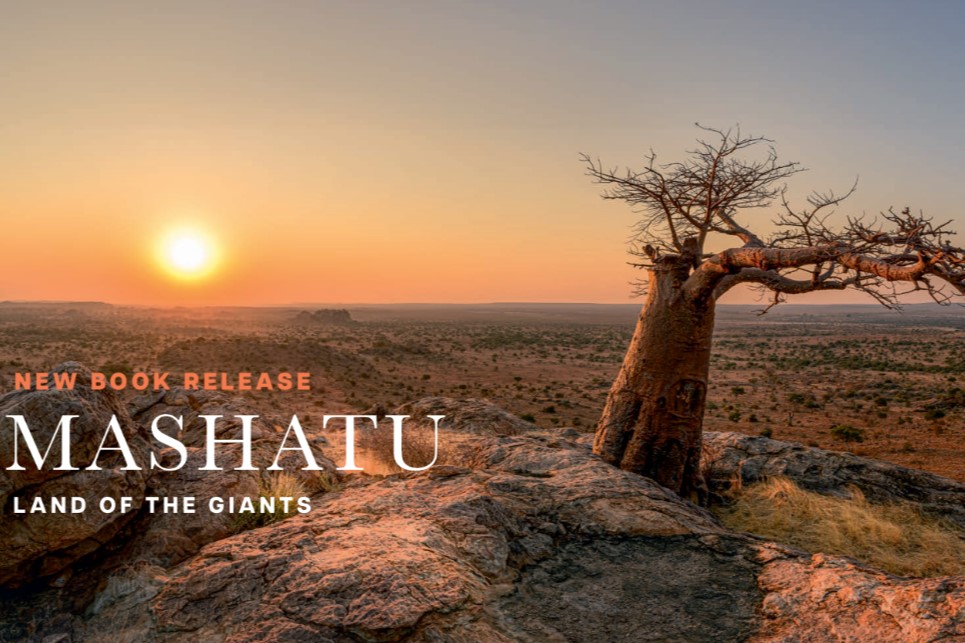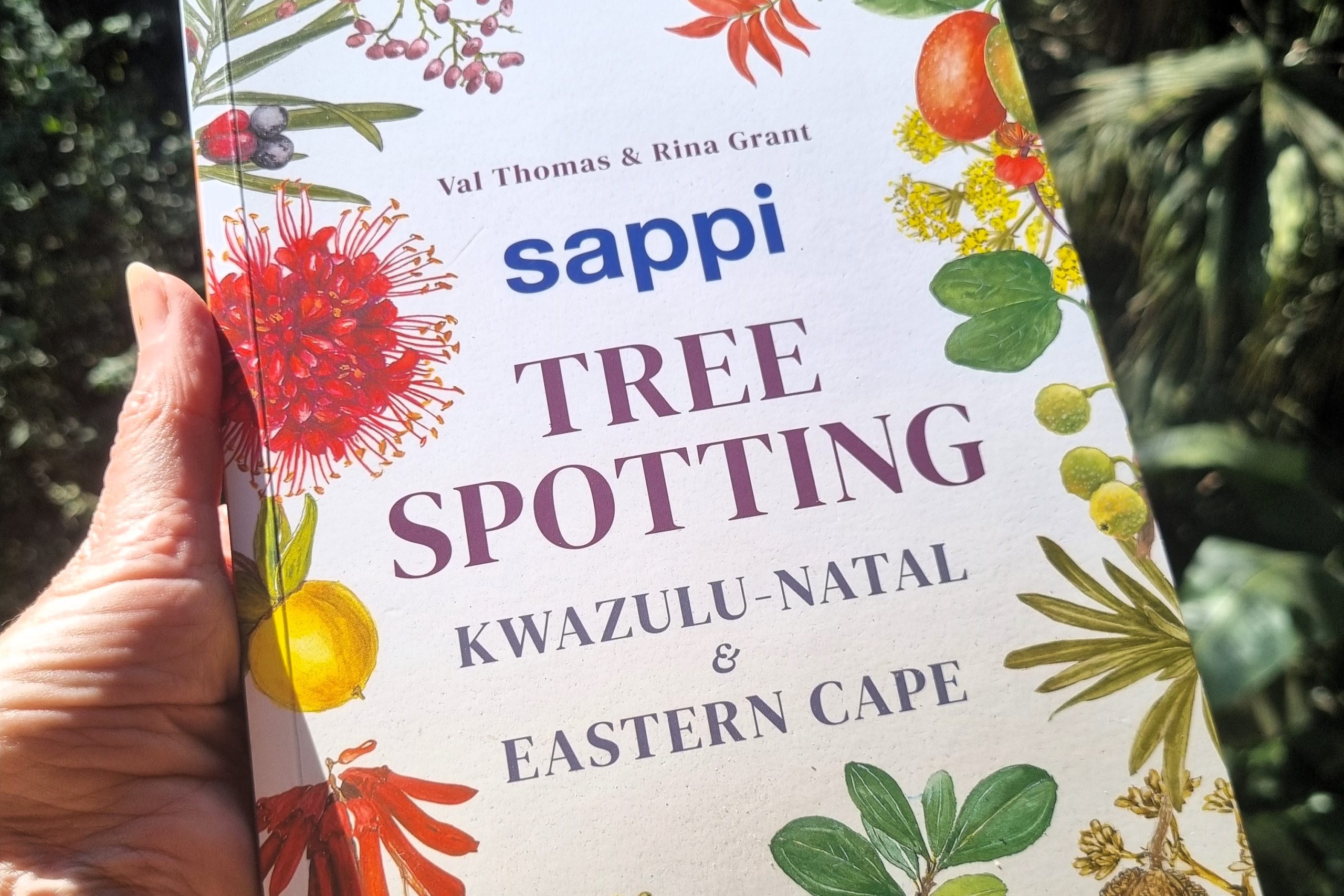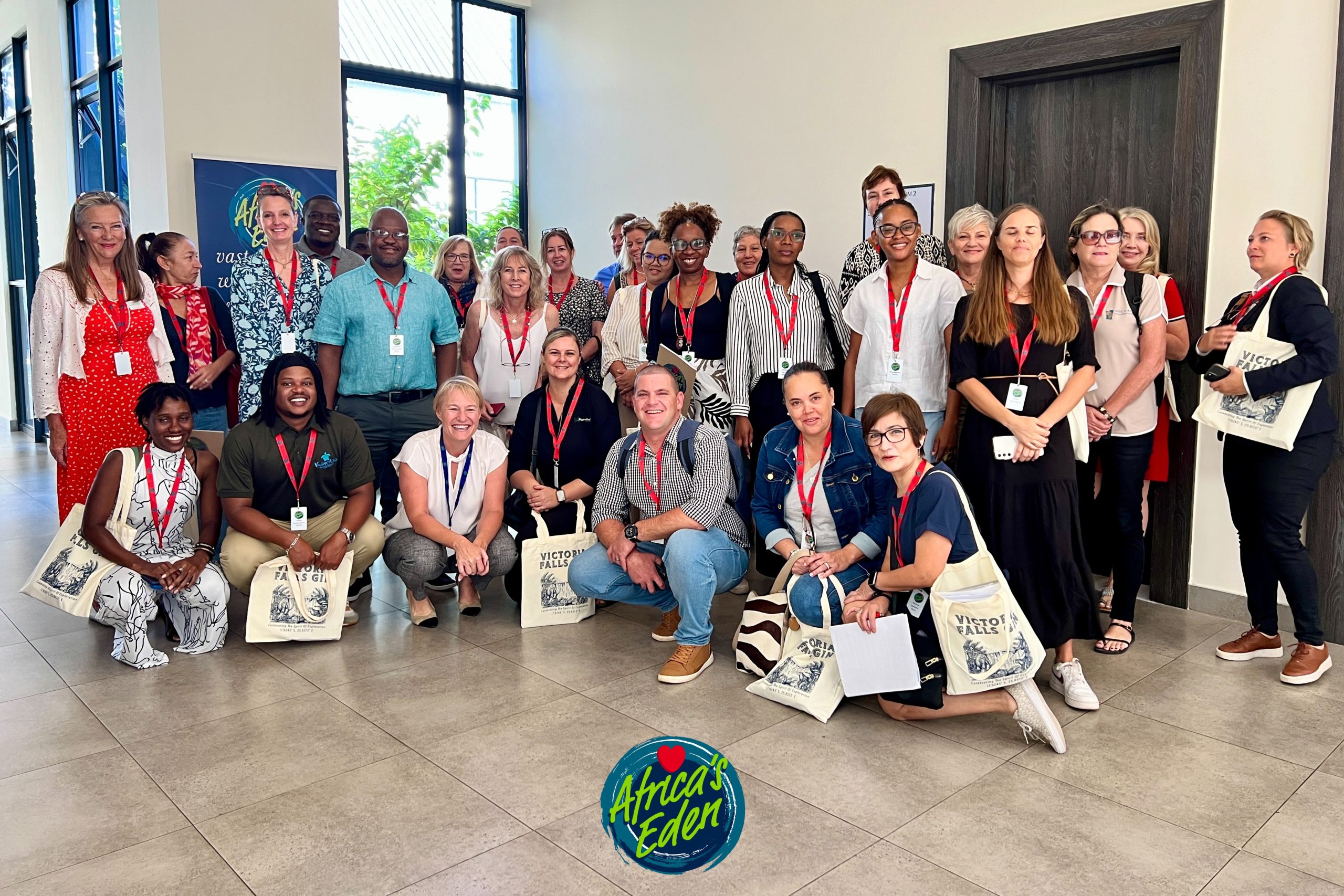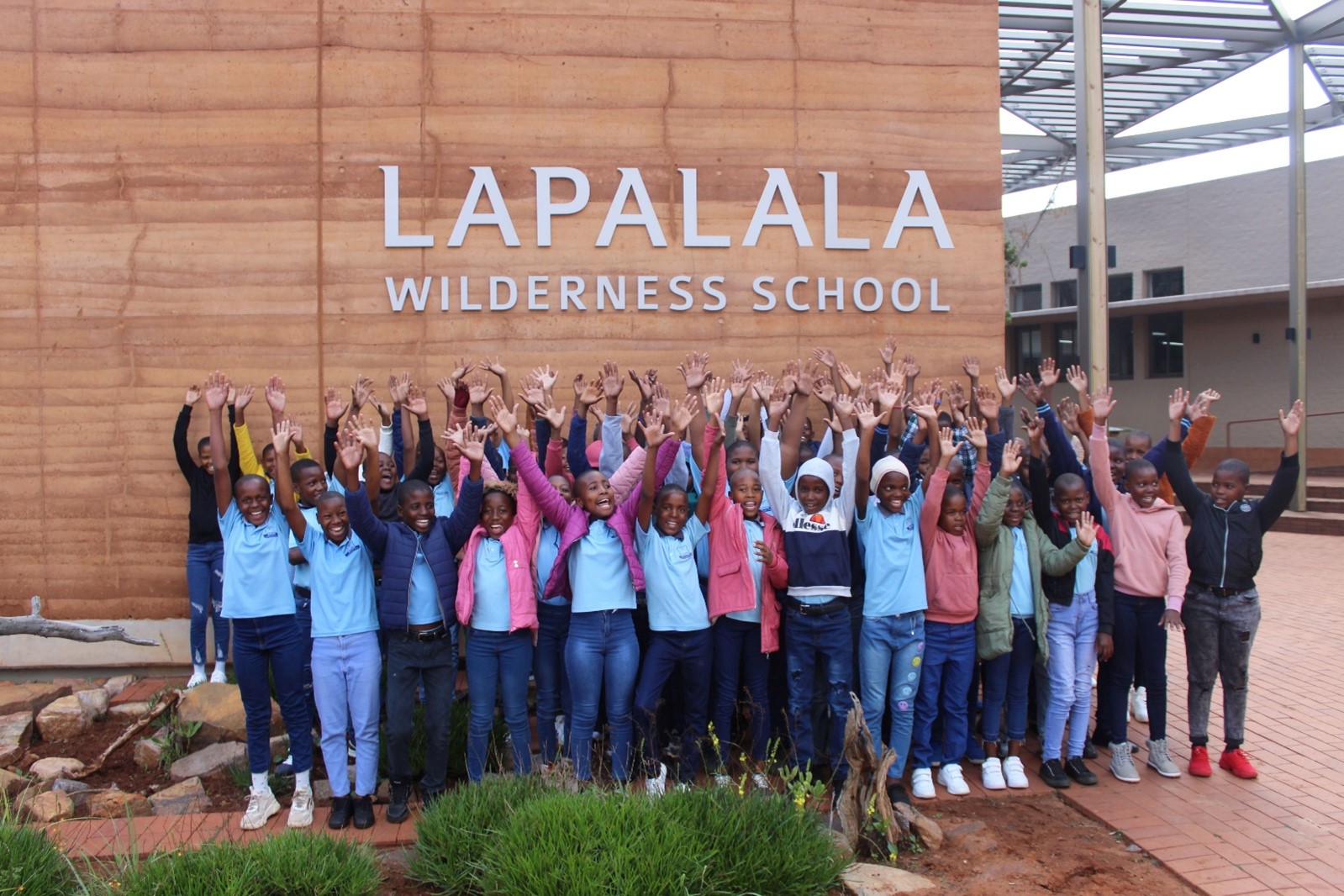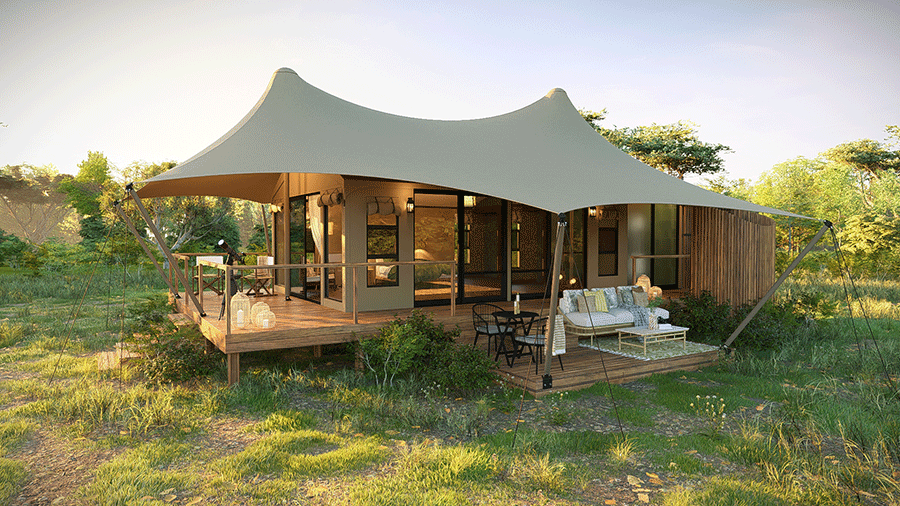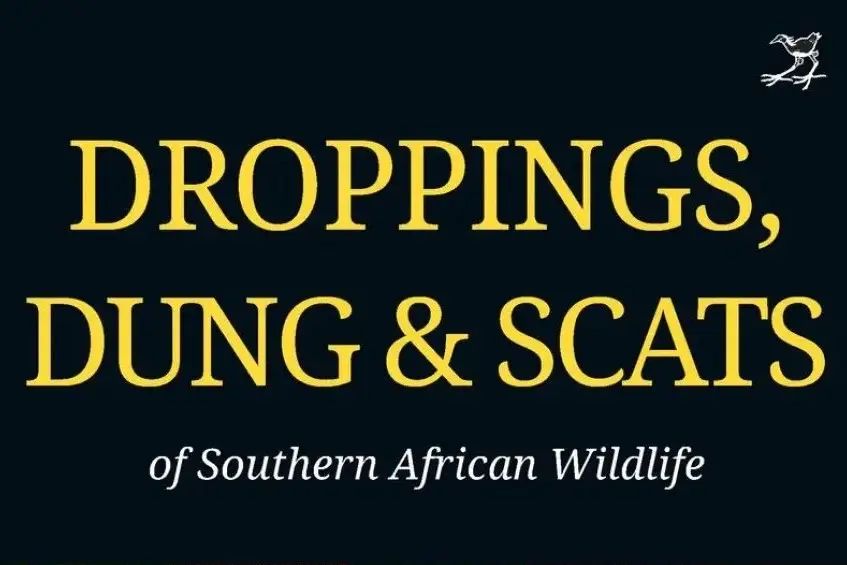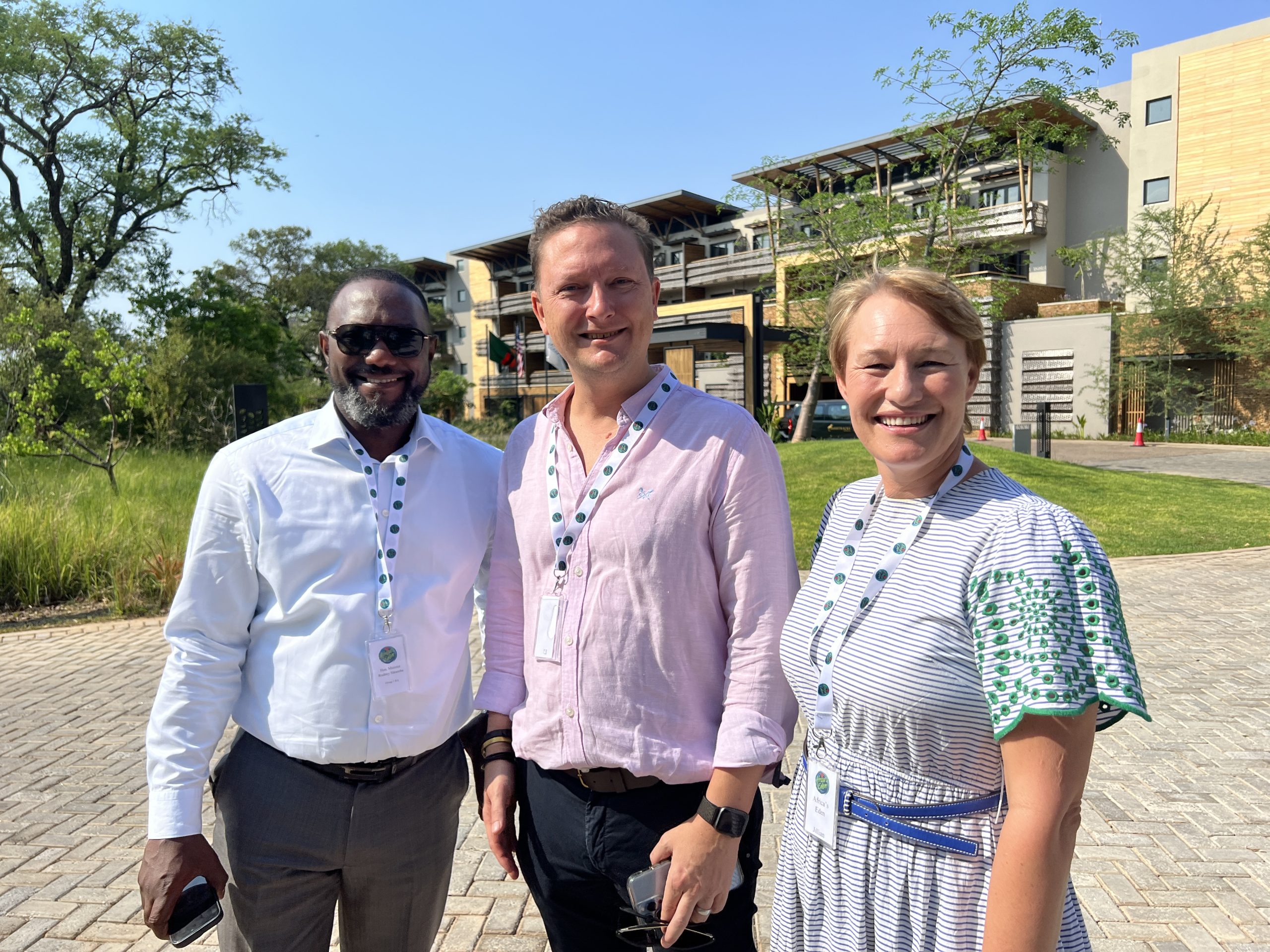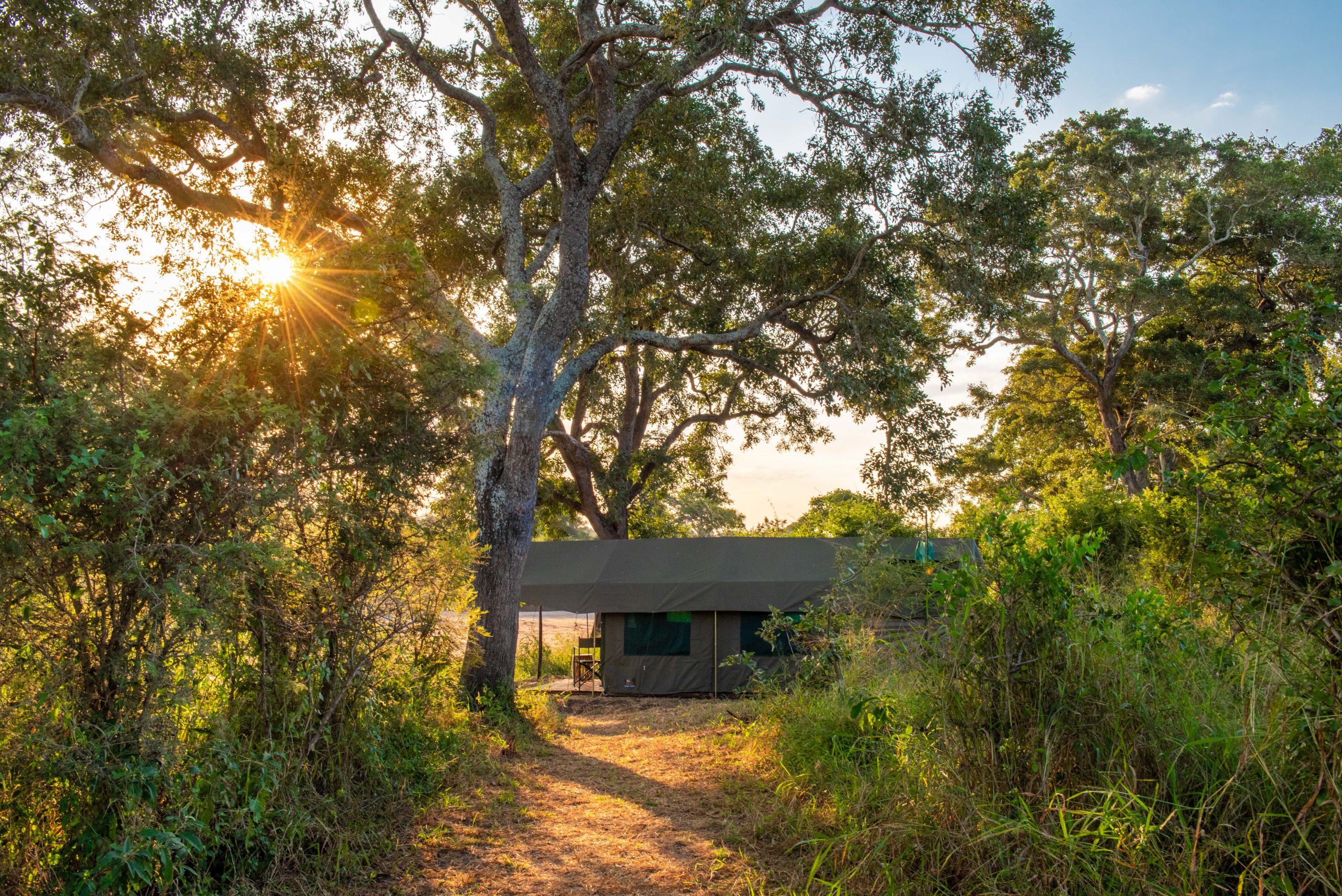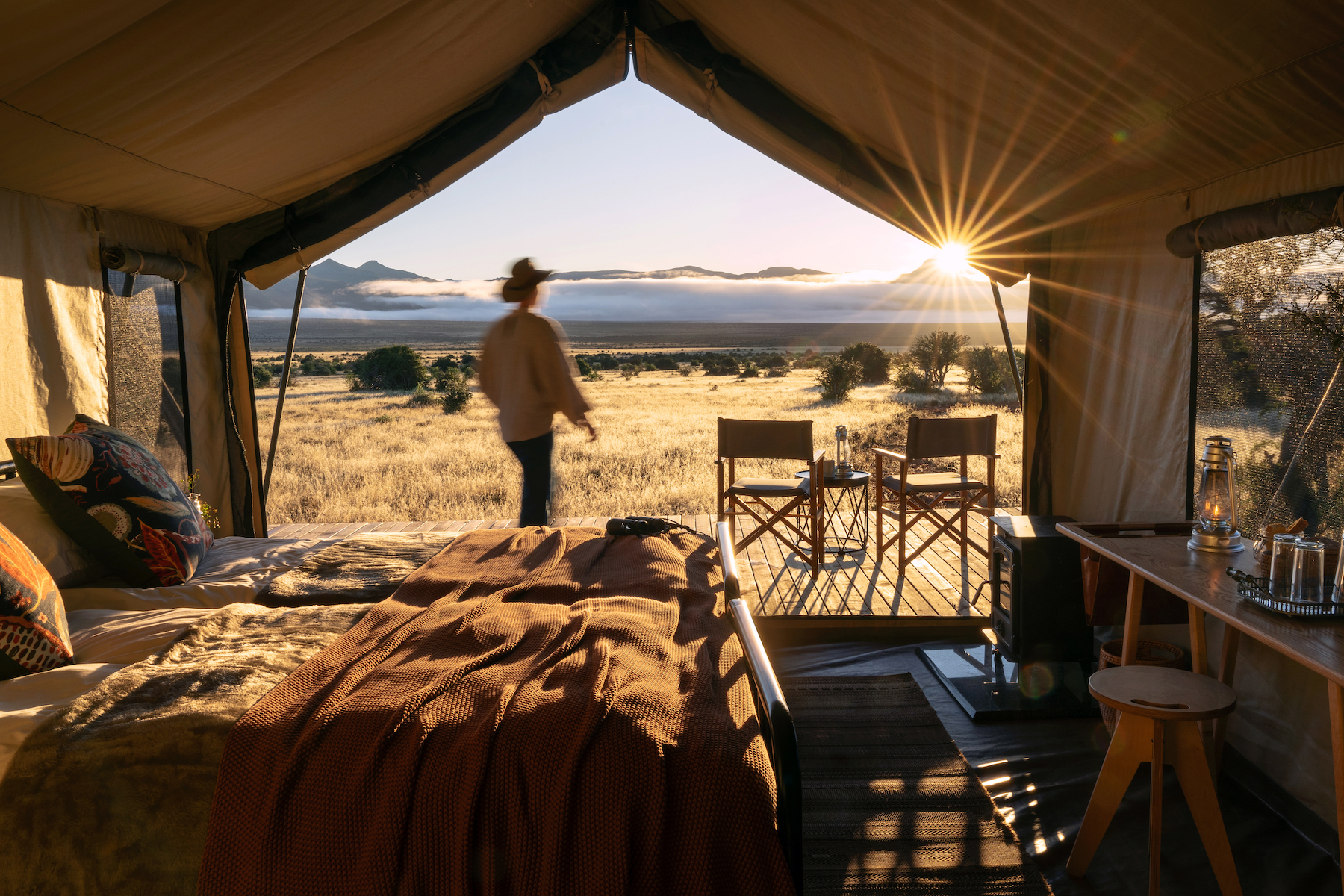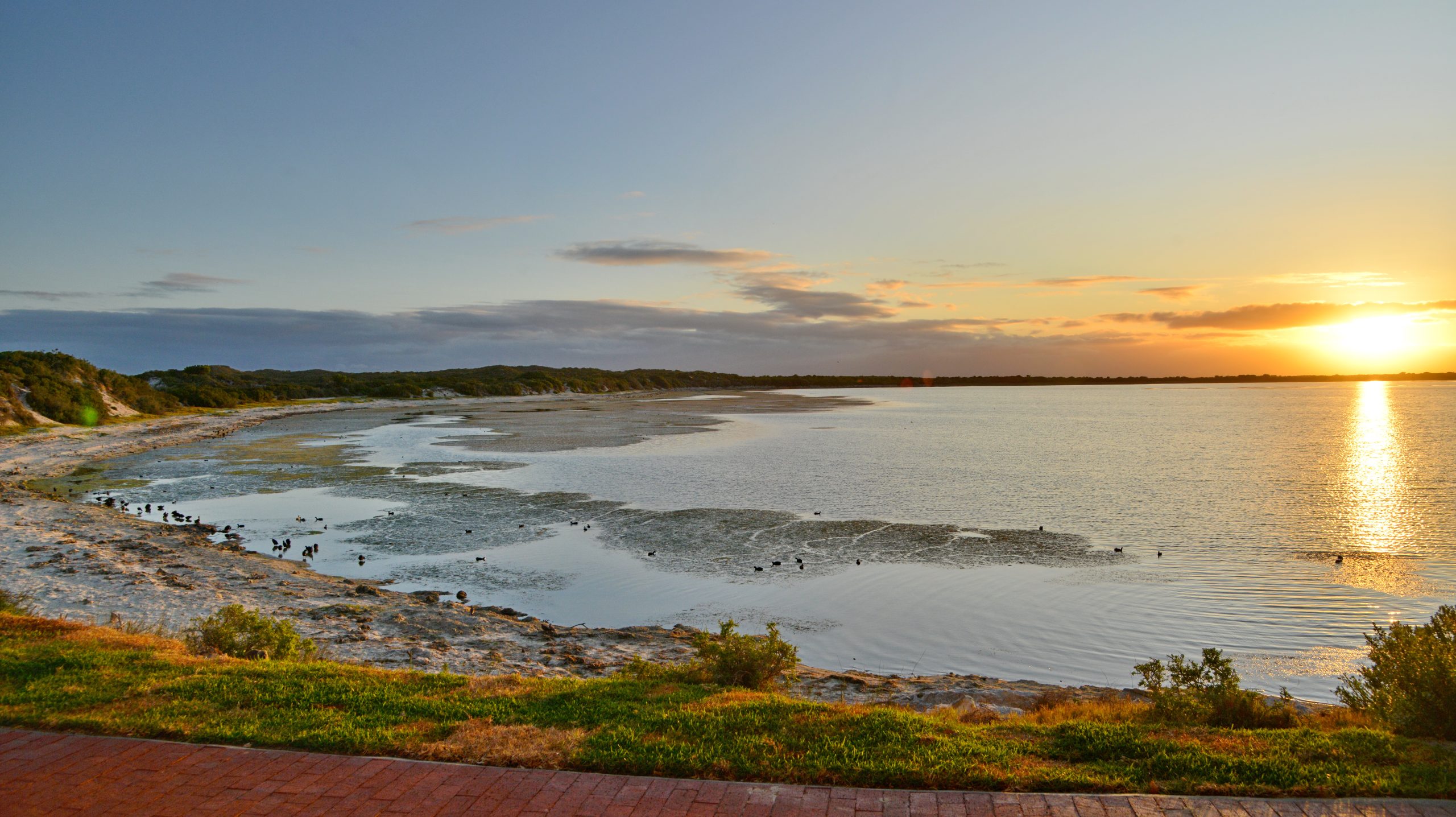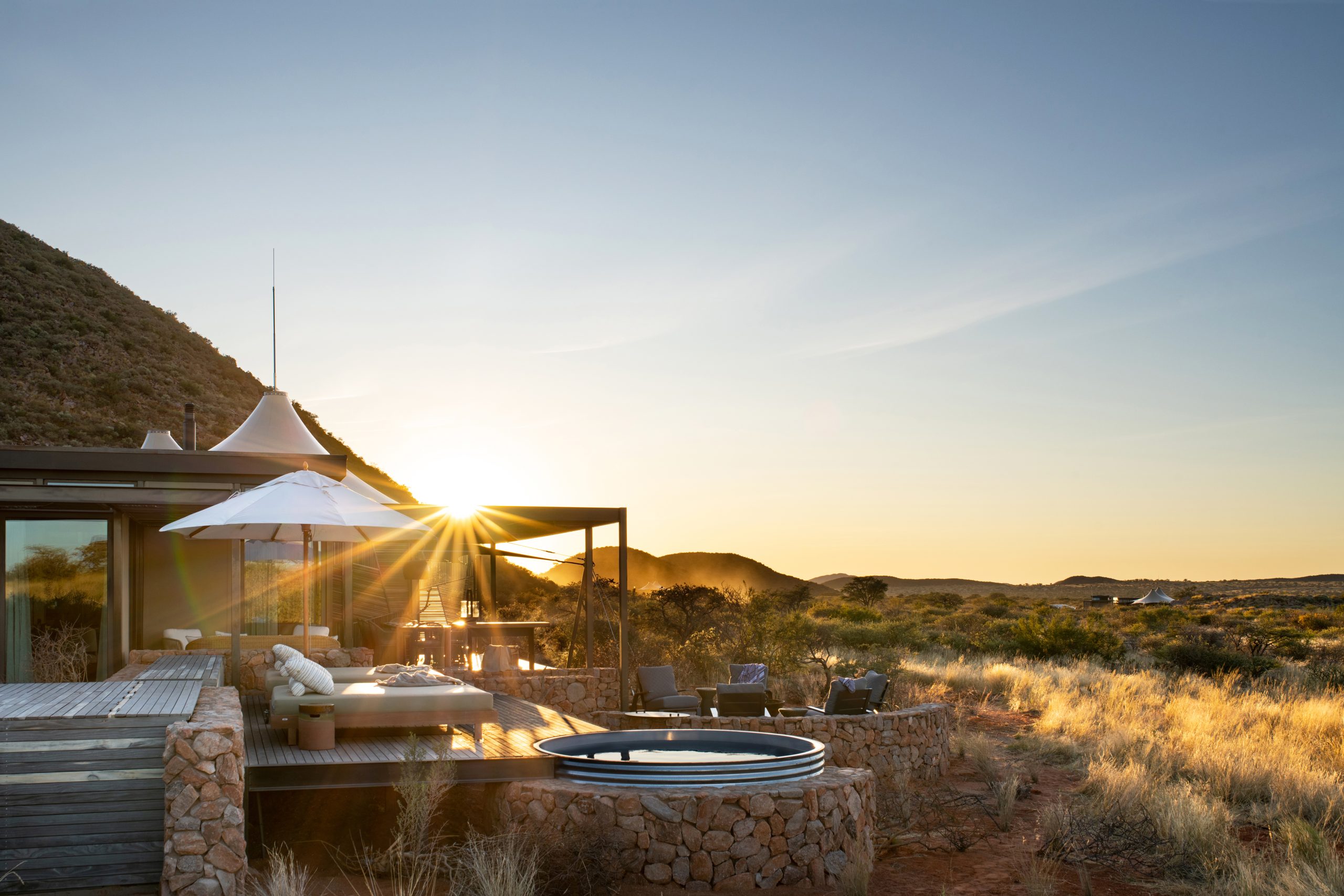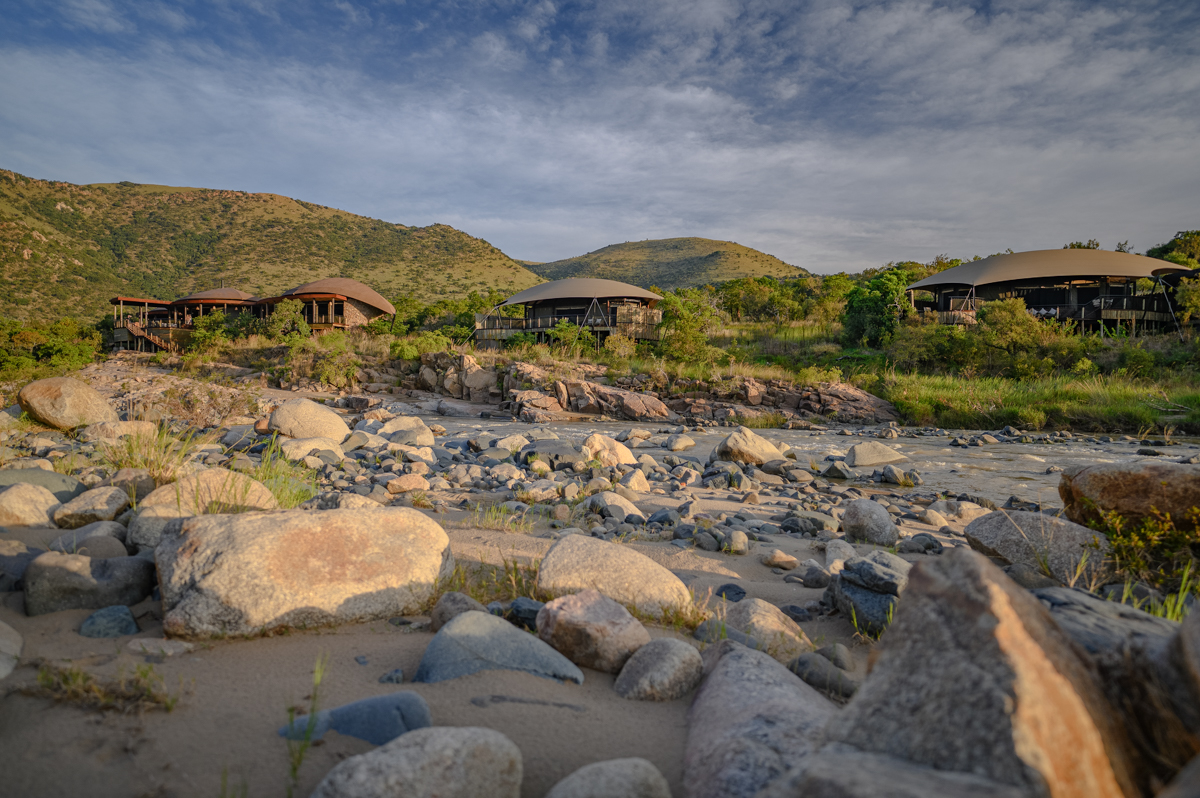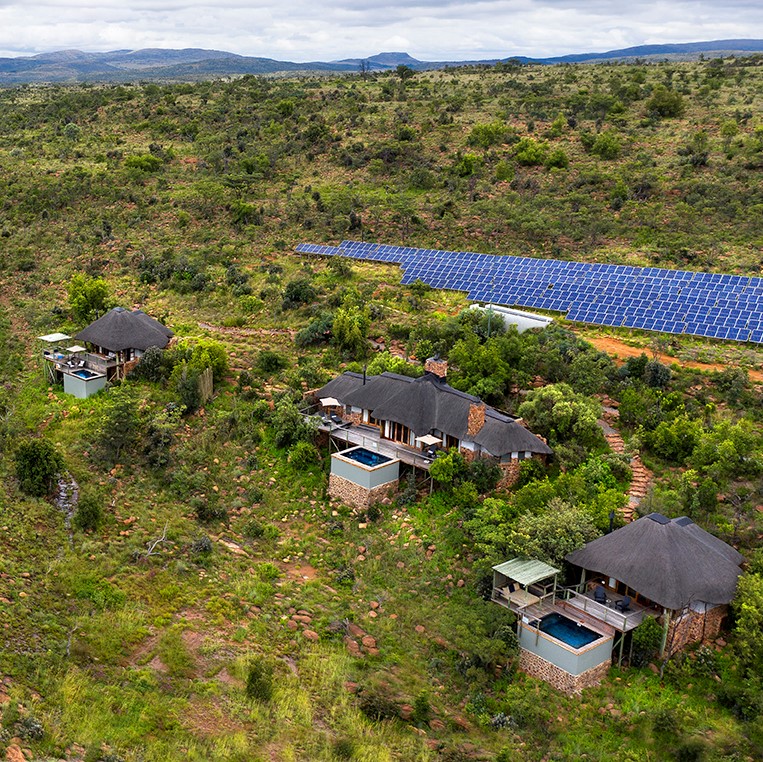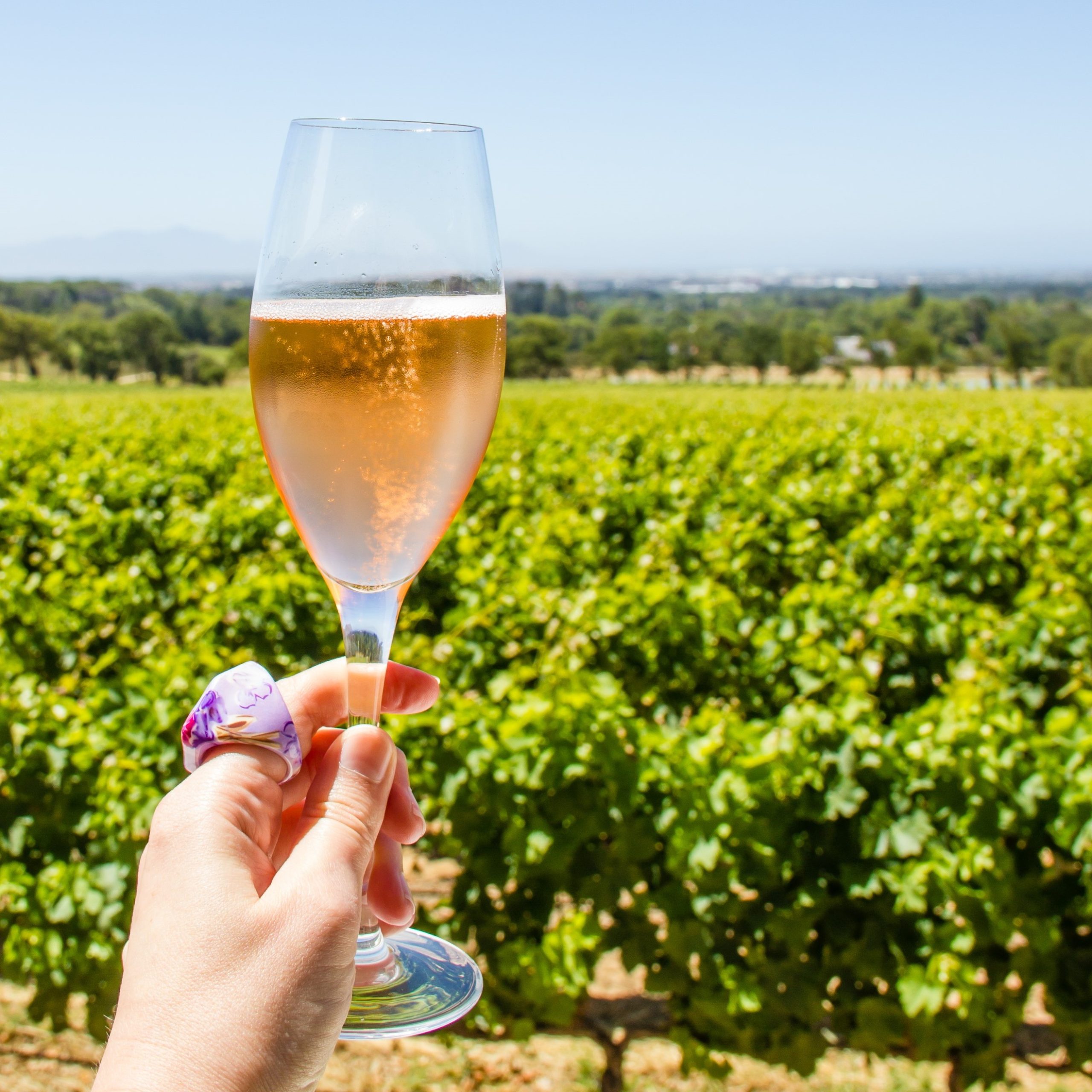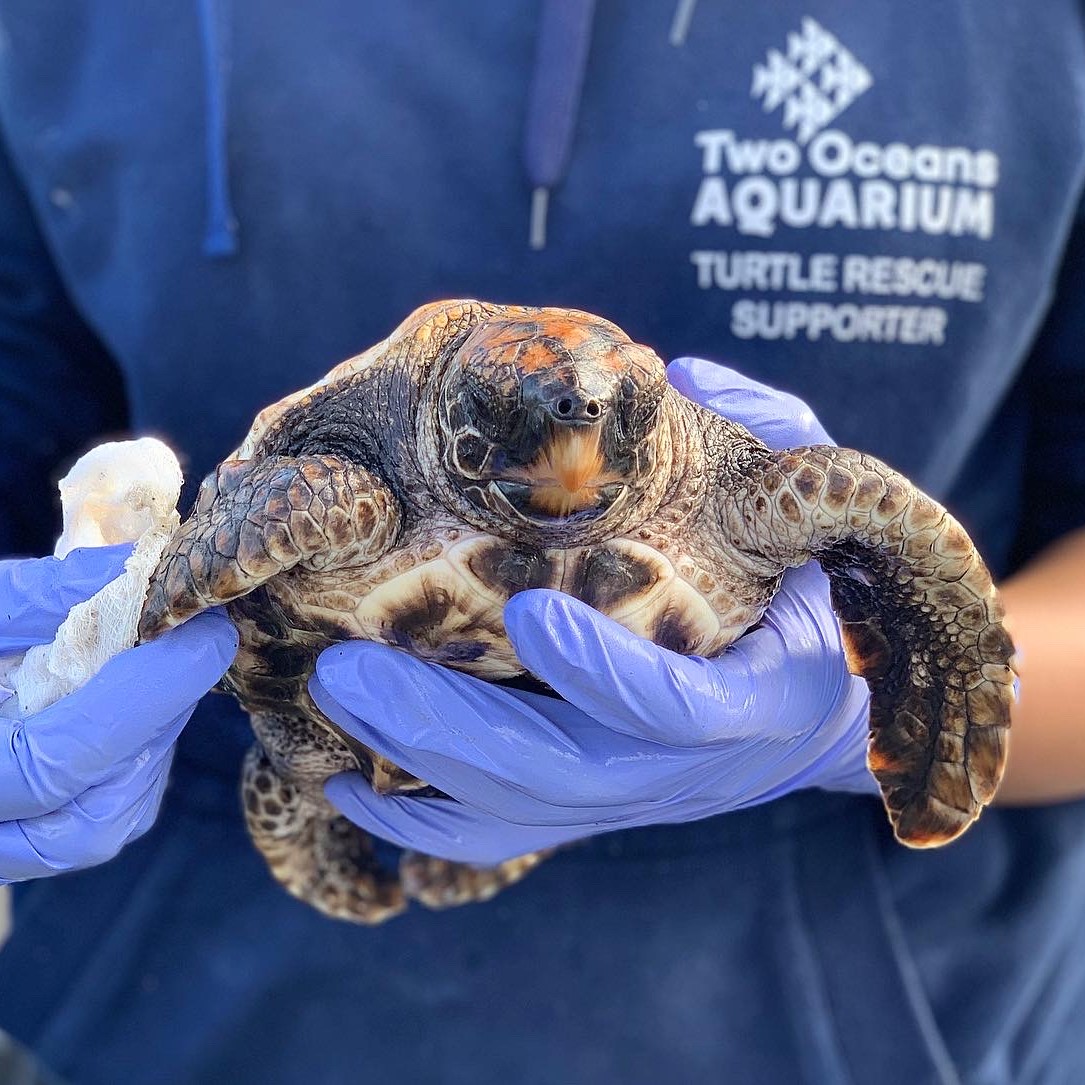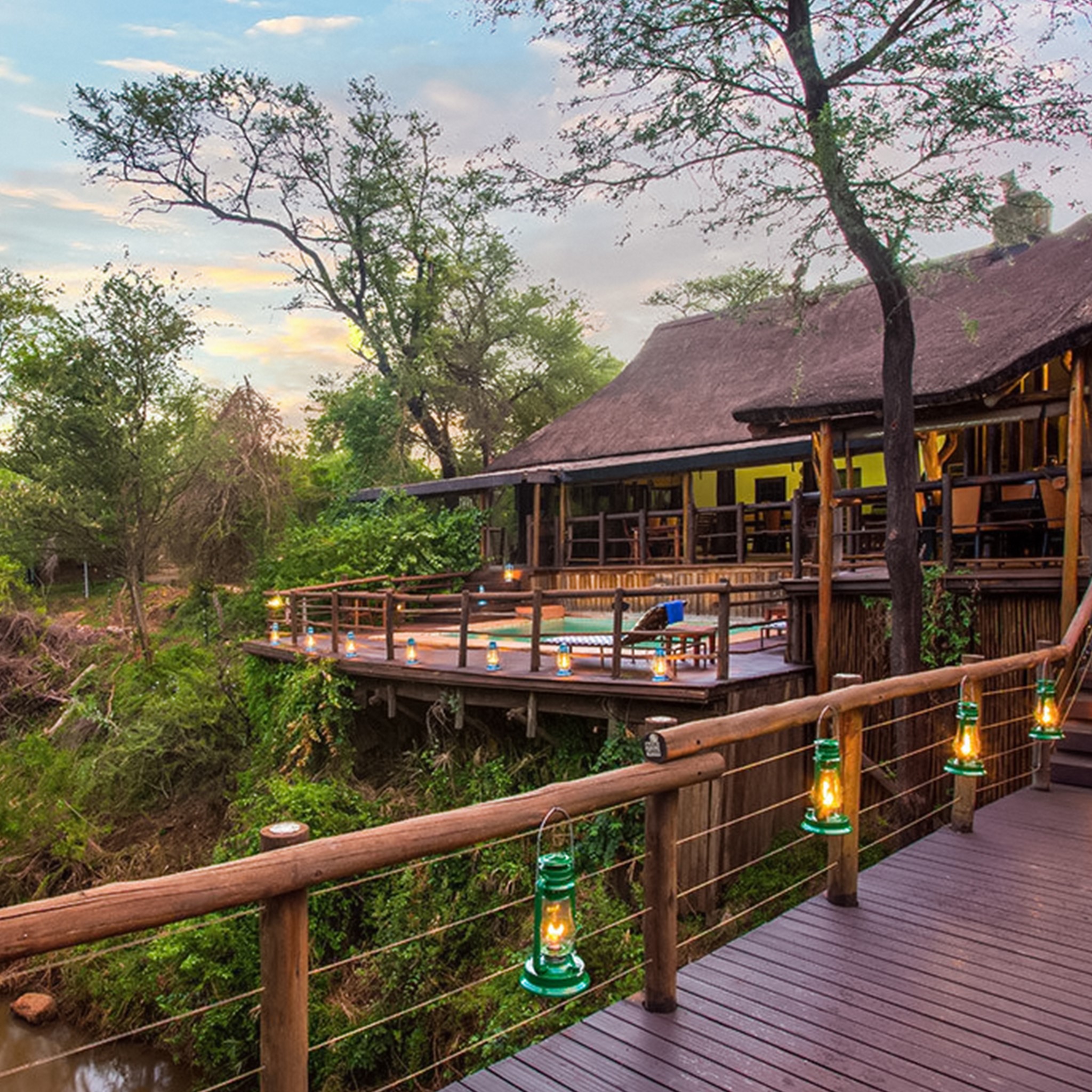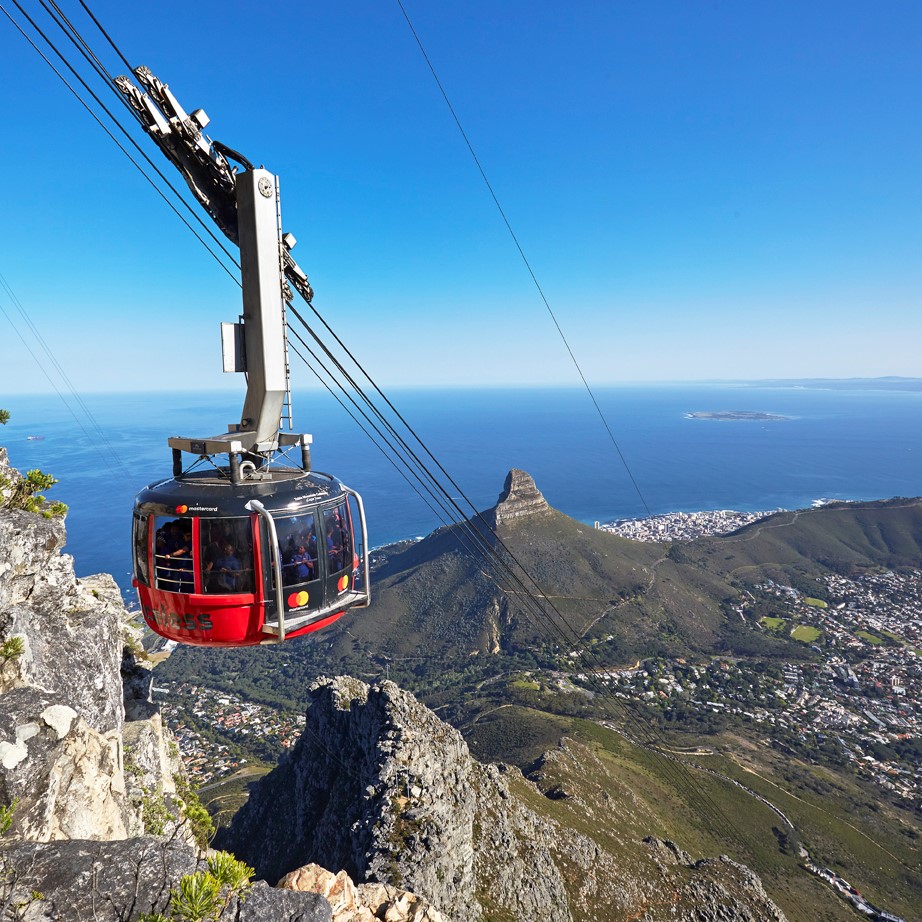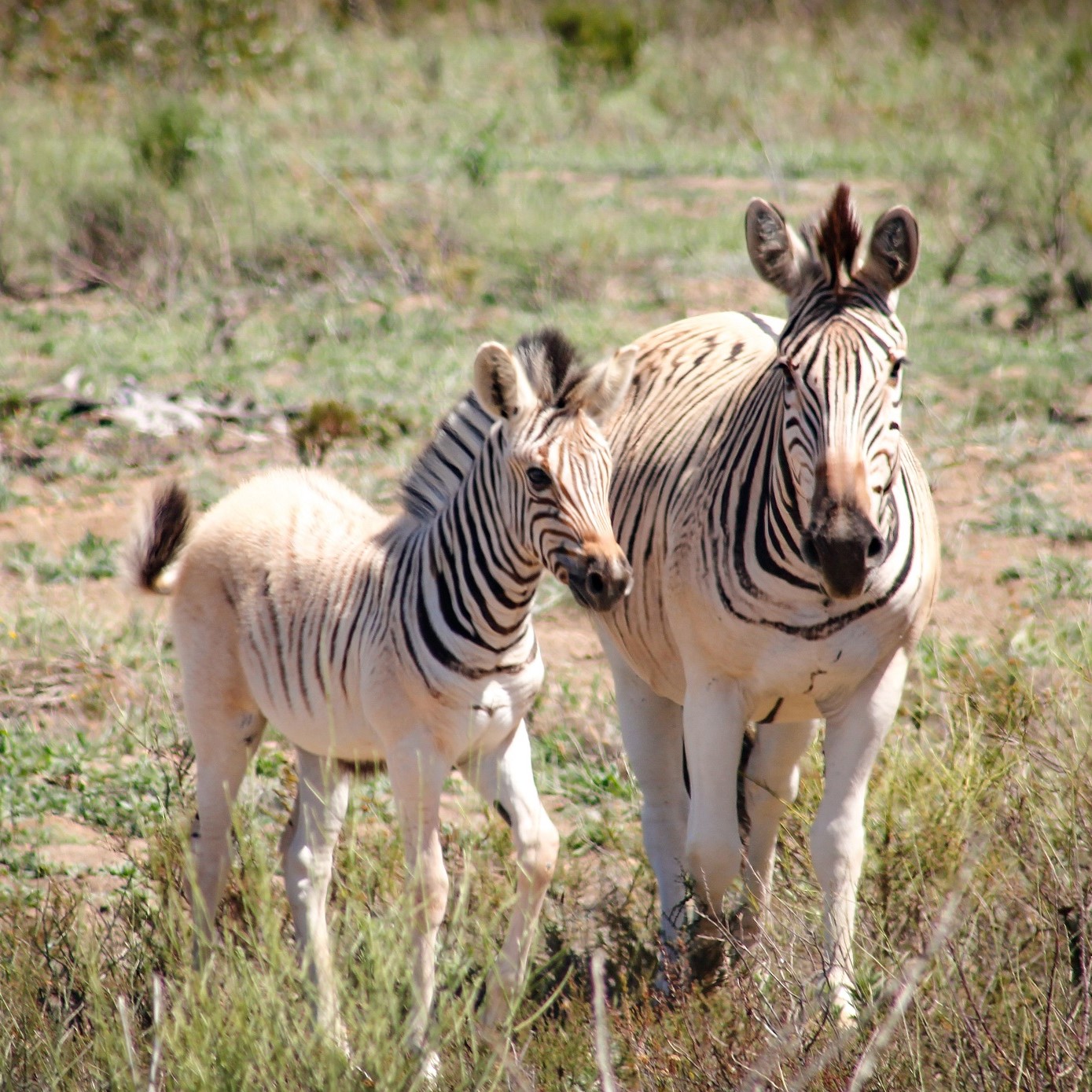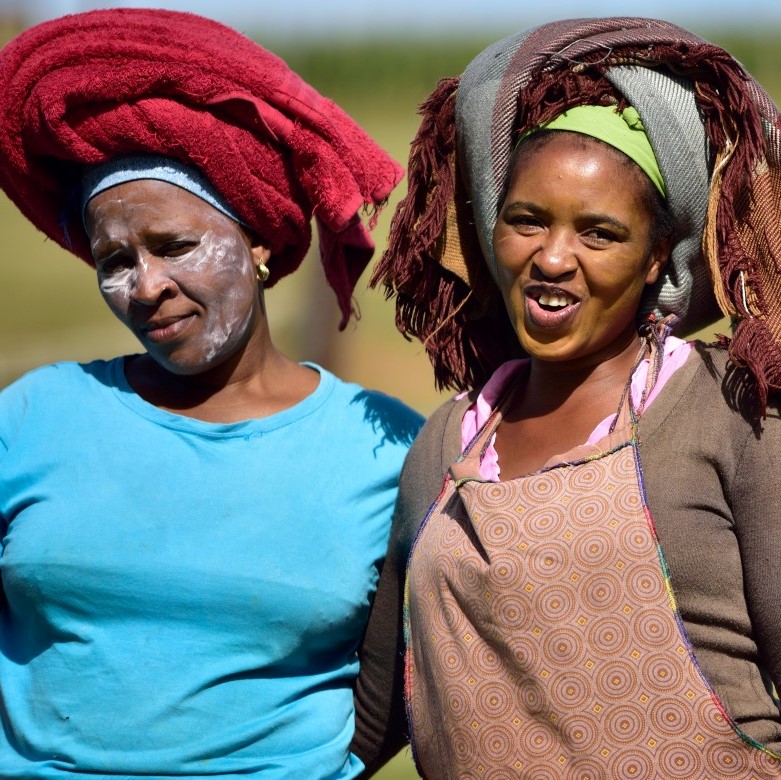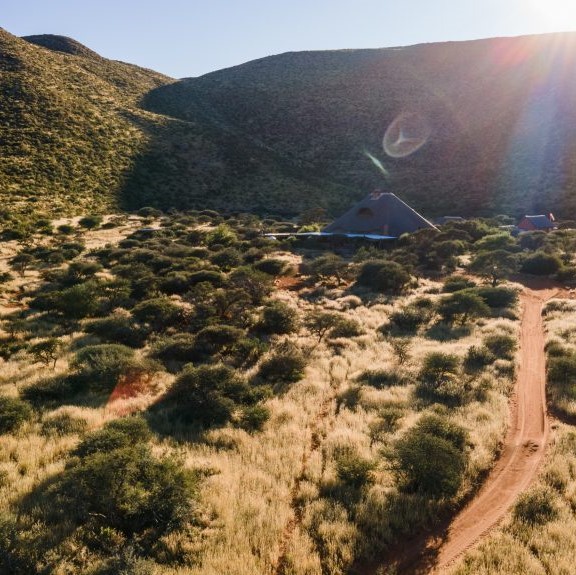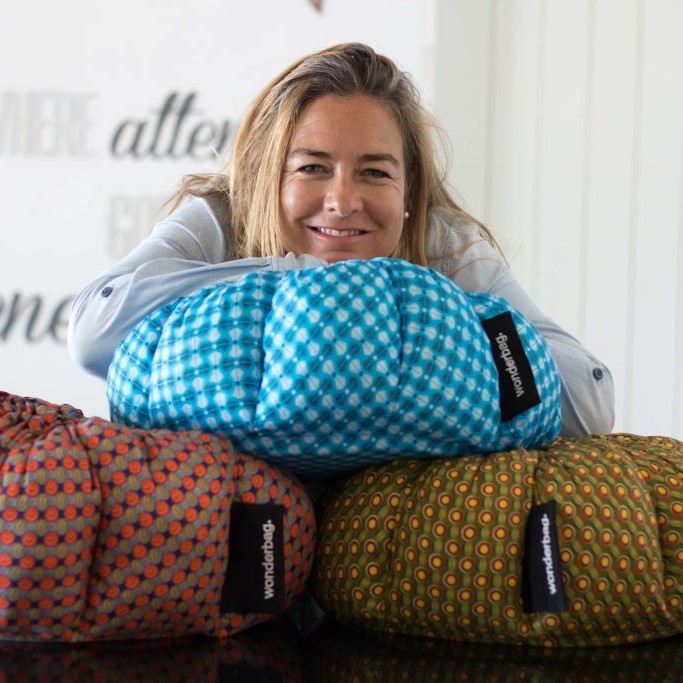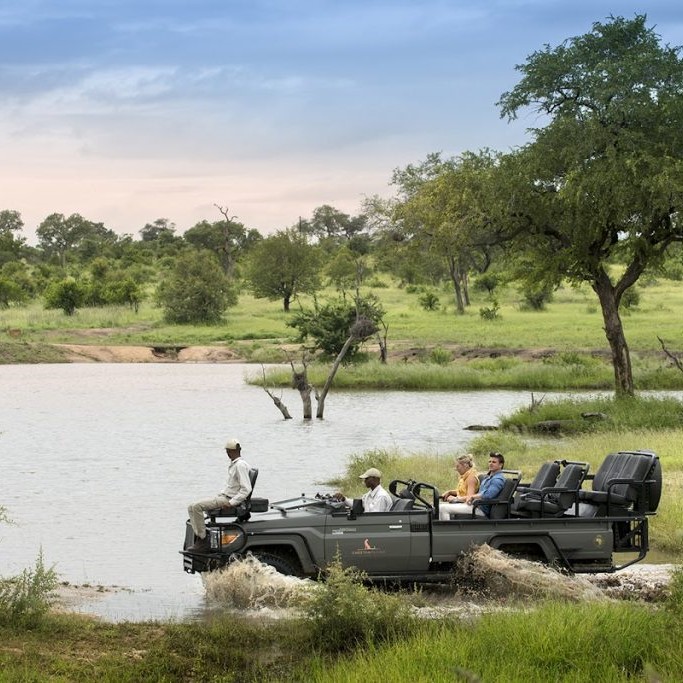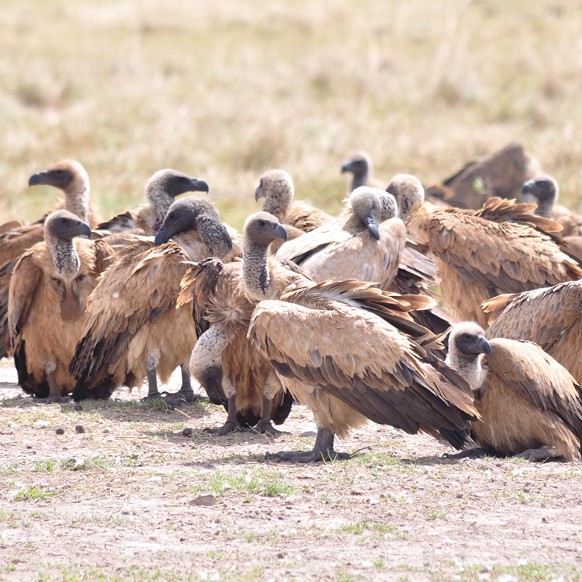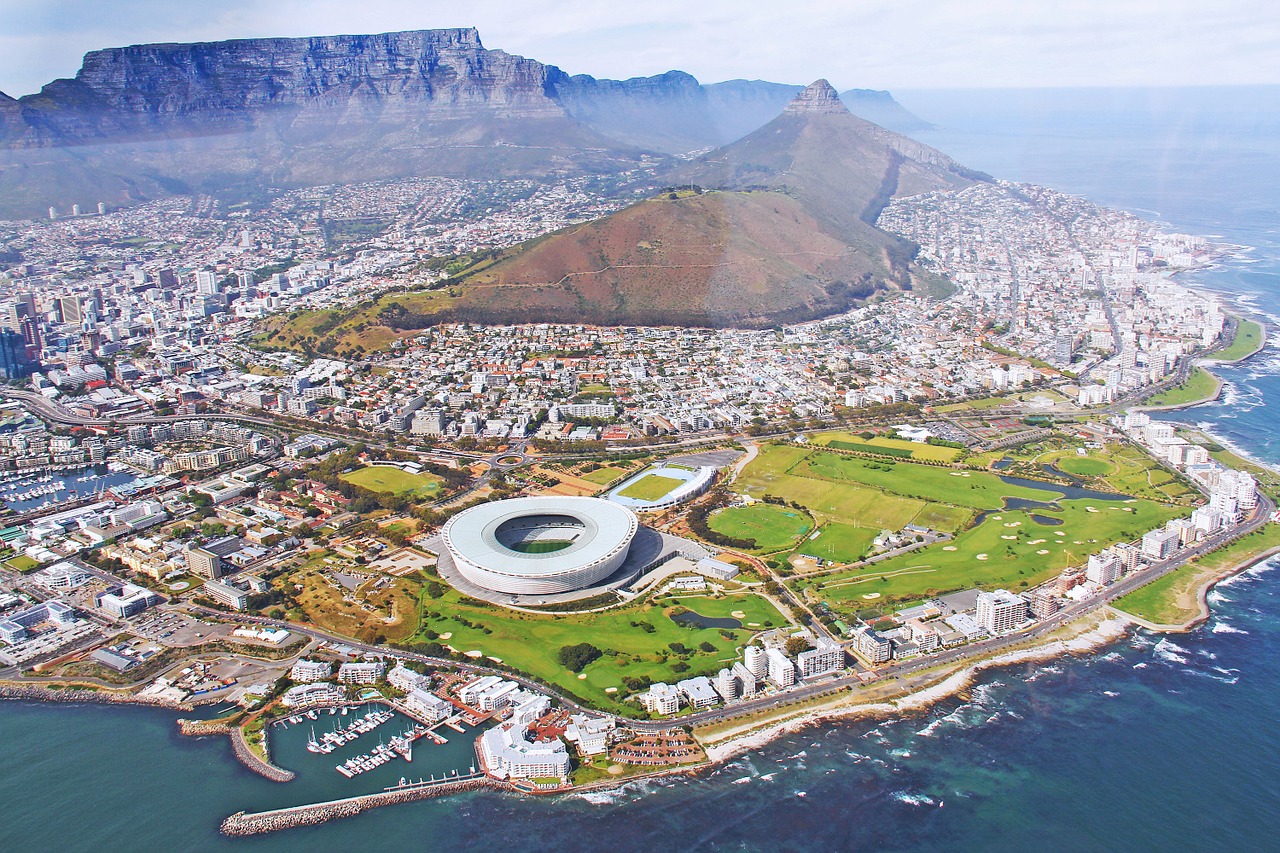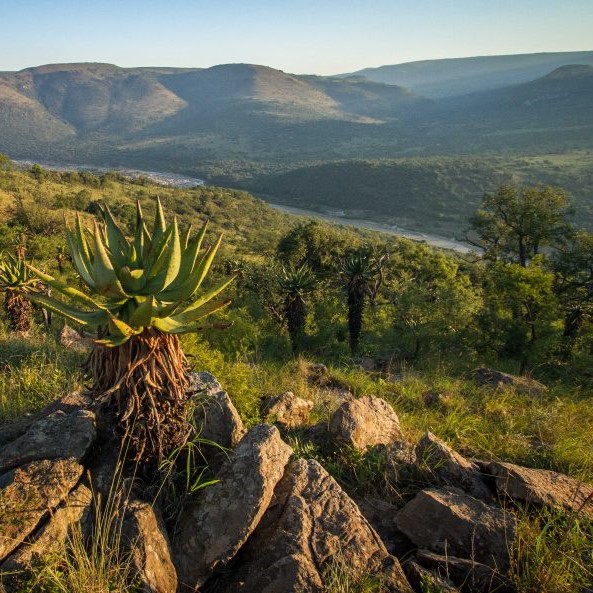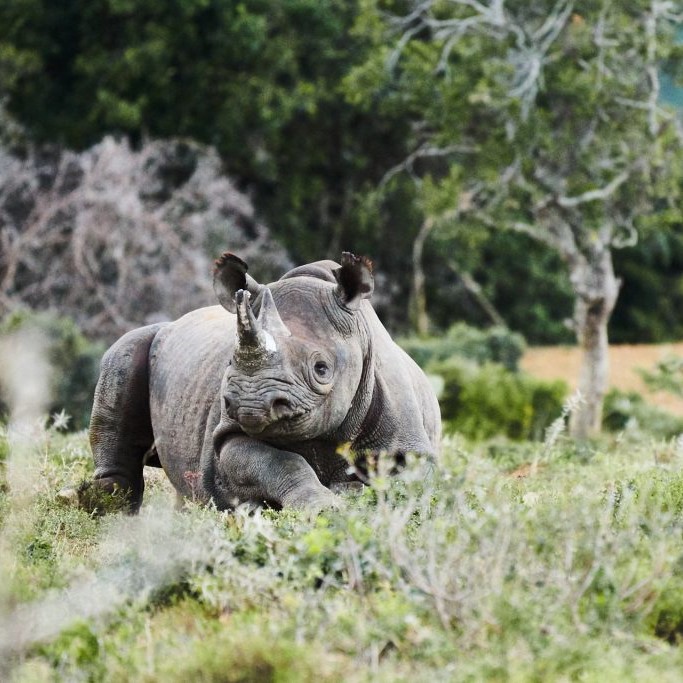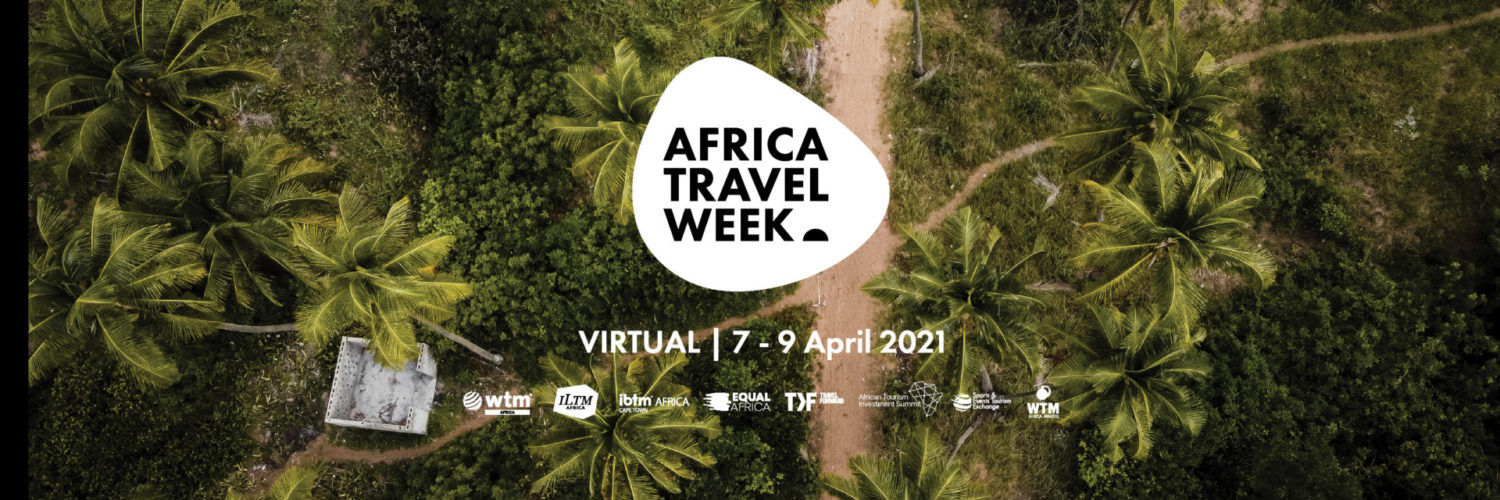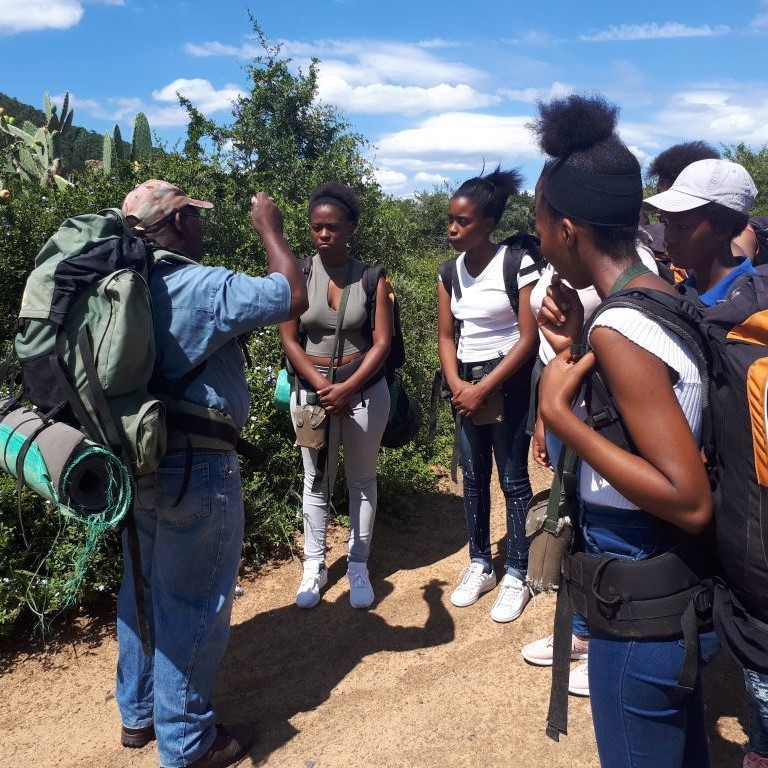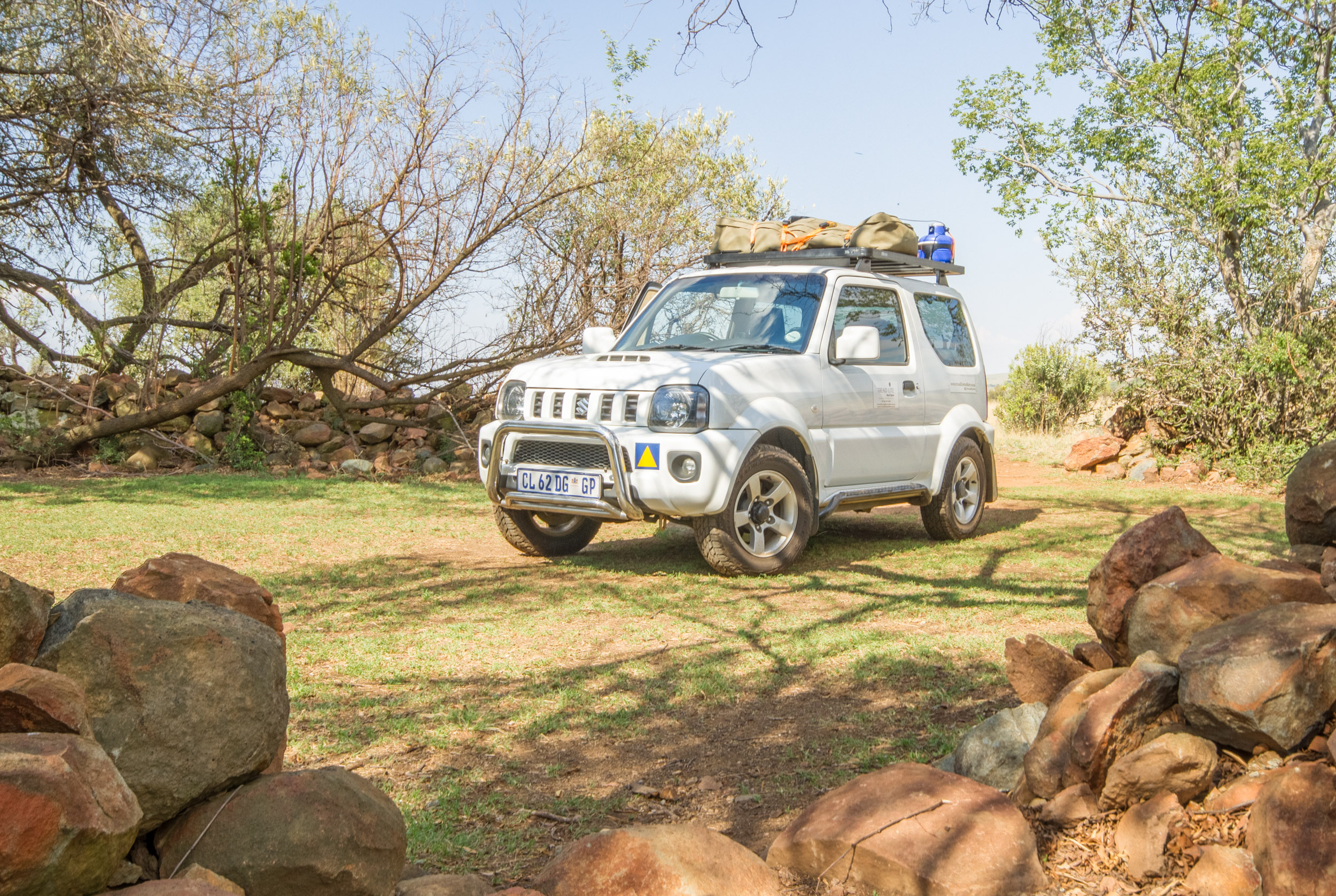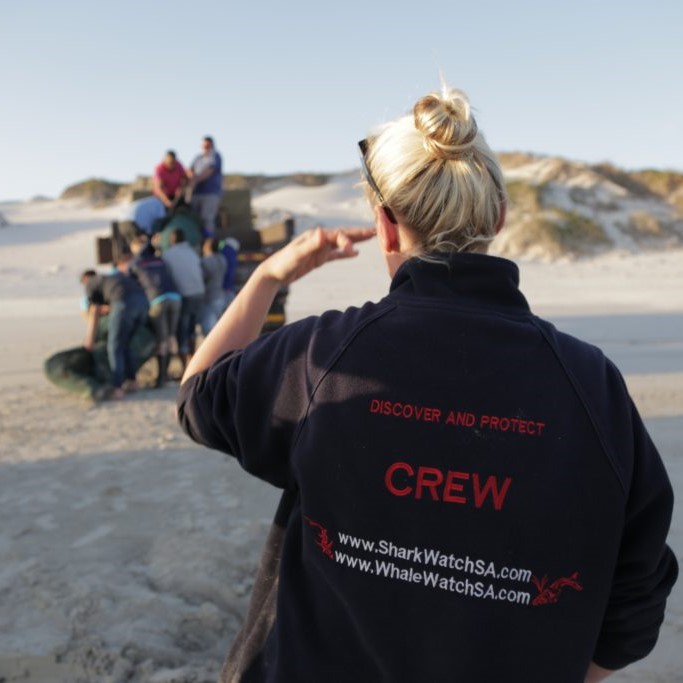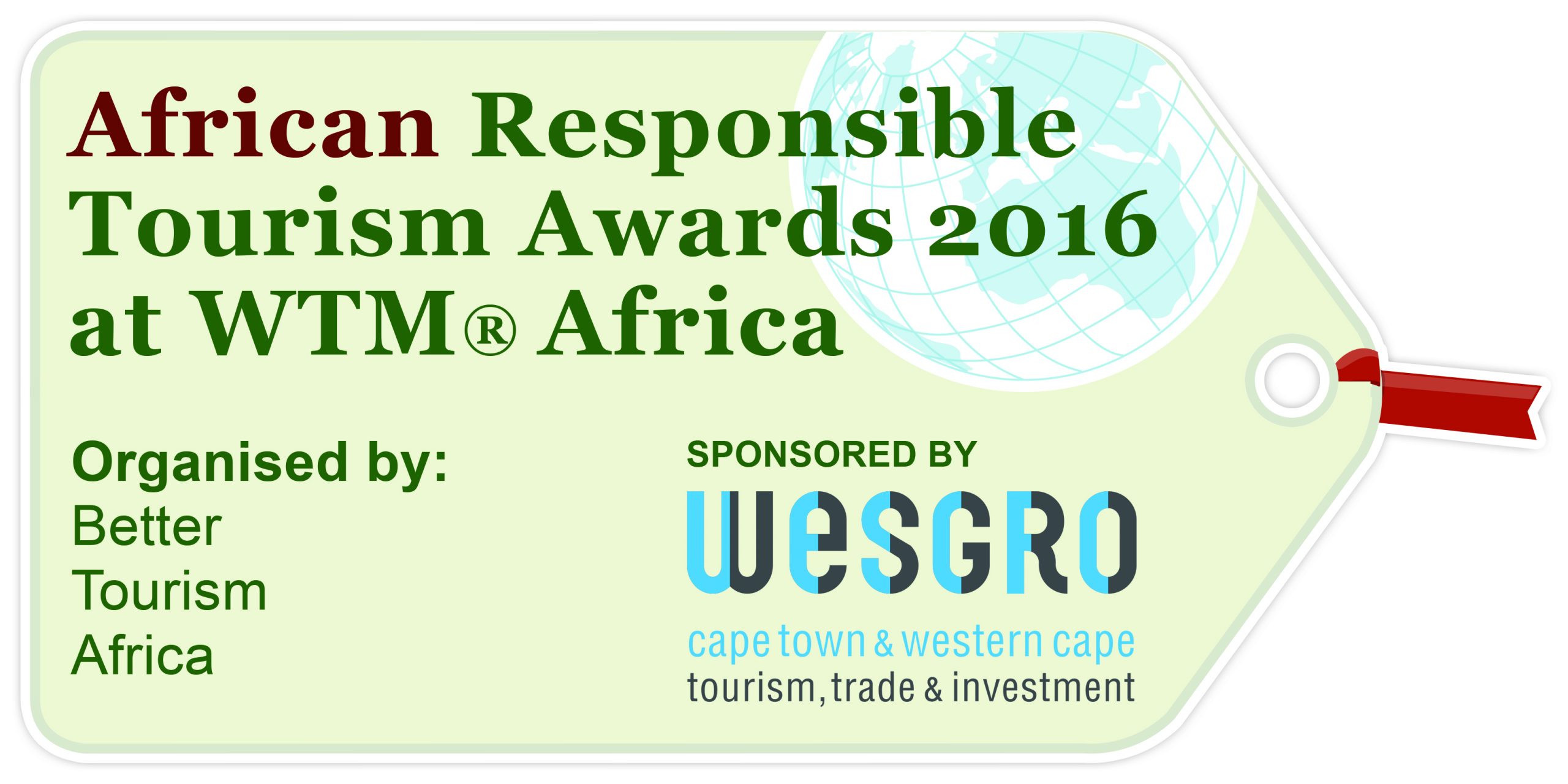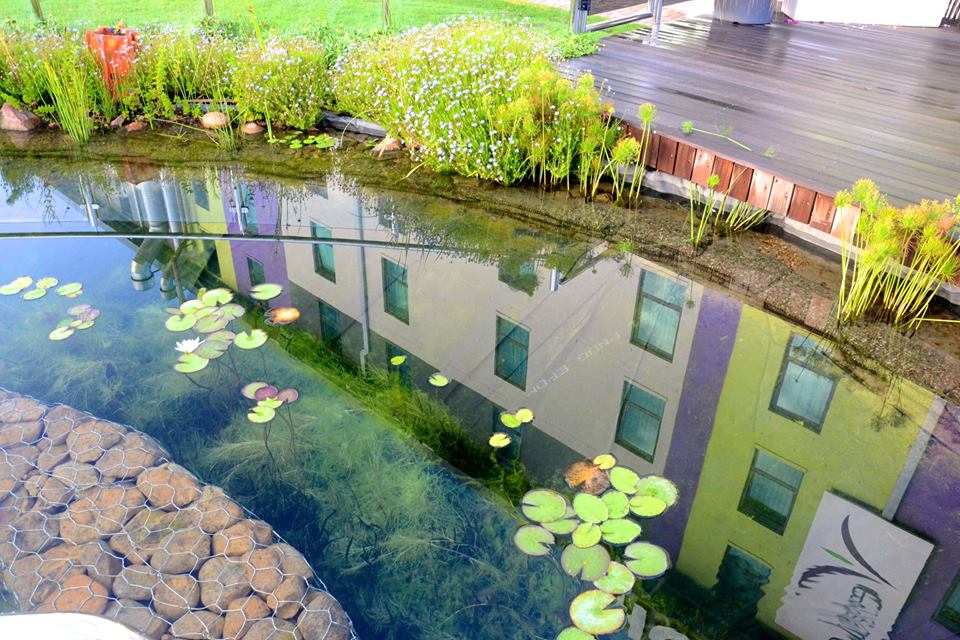 Wilderness Safaris, operator of safari camps, lodges and experiences in seven Africa countries, was announced Overall Winner this afternoon at the African Responsible Tourism Awards 2018 in Cape Town, sponsored by Wesgro.
Wilderness Safaris, operator of safari camps, lodges and experiences in seven Africa countries, was announced Overall Winner this afternoon at the African Responsible Tourism Awards 2018 in Cape Town, sponsored by Wesgro.
Wilderness Safaris took the coveted position of Overall Winner from a selection of finalists gathered from around Africa at a special ceremony at World Travel Market Africa 2018.
Says Harold Goodwin, Chair of the Judging Panel. “All of those longlisted should be recognised as having made a significant contribution and be proud of what they have achieved. As in the World Responsible Tourism Awards the judges looked for winners who might educate and inspire others, challenging the industry to achieve more by demonstrating what can be done by businesses and organisations to realise the ambition of Responsible Tourism. That ambition is simply put: to use tourism to make better places for people to live in. This also benefits the industry: great places to live are great places to visit.
The Global Sustainable Development Goals are now the touchstone for both governments and private sector; action by businesses will be critical to attaining the targets set for 2030. The tourism industry needs to recognise that we must be a lot more transparent about credibly reporting the positive impacts that businesses in the tourism sector have on peoples’ livelihoods and well-being – we need to up our game and prove the claims we make. This year’s World Responsible Tourism Awards categories will be announced at Arabian Travel Market next week.
The judges were mindful of the Awards made in previous years in Africa and in the World Responsible Tourism Awards, of which these African Awards are a part. The Gold and Silver Award winners should be particularly proud of what they have achieved; they have been recognised as being leaders in a Responsible Tourism movement where more is expected each year.
If when reflecting on the winners of these and the World Responsible Tourism Awards you know of others you feel should be recognised then please encourage them to enter, the judges can only choose from amongst those who enter and complete the application process. We encourage them, and other businesses, to continue to take responsibility for increasing the positive, and reducing the negative, impacts of tourism; to communicate what they are doing to use tourism to make better places and to consider entering the Responsible Tourism Awards when there is an appropriate category for their business or organisation.”
Speaking before a packed audience of over 100 tourism professionals, media, ministers and officials, Heidi van der Watt, managing director of Better Tourism Africa pinpointed what makes the Award winners the leaders in responsible tourism in Africa:
“Our winners have an ethos that extend beyond the commercial – linking thriving business with the wellbeing of local people and the longevity of their environments. They want to make profits with principles, communicate bottom lines that balance people, planet and profit, and won’t undermine sustainability in the pursuit of superior product quality. They are resilient, determined, humanising advocates for their destinations. They provide hope and inspiration for the future of tourism in Africa.”
The Awards were sponsored by the Wesgro. Tim Harris, Chief Executive Officer of Wesgro, said:
“As the proud headline sponsor of the inaugural African Responsible Tourism Awards, Wesgro is delighted to pay tribute to this year’s inspirational winners. As the official Tourism, Trade and Investment Promotion agency for Cape Town and the Western Cape, we continue to show our commitment to responsible tourism development both in our province and on the African continent.
We are pleased to recognise the vision of the Award winners for providing leadership in their respective sectors throughout Africa, and effectively contributing to growing tourism in a sustainable manner. Today, we celebrate their commitment and achievements.”
Full list of this year’s winners:
Overall Winner – Wilderness Safaris (Botswana)
supported by Wesgro
The judges were impressed by the success of Wilderness Safaris in driving down the consumption of bottled water and the consequents savings in plastic waste and the greenhouse gas emissions which result from transporting bottled water. By measuring their use and reporting reductions year on year in their Annual Integrated Report they demonstrated how it is possible to report progress against the United Nations Sustainable Development Goals. Their robust approach to tackling the consumption of bottled water sets an example and challenges the industry to do far more. The industry needs to take much more vigorous action to reduce its water consumption; the resilience of individual businesses and the sector requires it.
Best for Global Goals
supported by BulkSMS
For the Global Goals category, the judges were looking for tourism organisations that leverage tourism to contribute to the UN Sustainable Development Goals (SDGs) and then transparently report on the impacts of their responsible tourism efforts. The SDGs are a set of 17 interconnected transformational goals with 169 related targets that explain what needs to be achieved across social, environmental and economic aspects. Most tourism businesses do not yet acknowledge the private sector as a critical actor in the attainment of the Global Goals or are not fully engaged in tracking or reporting progress against the targets. To encourage greater rigour in reporting positive change against global sustainable development priorities, this new category will be a standard feature of future African Responsible Tourism Awards. To determine the winners the judges reviewed the responses of all contenders to a specific question in the application form about the SDGs.
Gold – Wilderness Safaris (Botswana)
 Wilderness demonstrated that active engagement with the SDGs is their business imperative. There is clear, credible evidence of the alignment between the company’s efforts and the relevant SDGs and specific targets. Performance is transparently reported. Target 12.6 under SDG12: Responsible Consumption and Production encourages companies to adopt sustainability practices AND to integrate sustainability information into their reporting cycle. As a company listed on both the Botswana and Johannesburg Stock Exchanges, Wilderness Safaris is required to produce an Annual Integrated Report (AIR). The Global Reporting Initiative, widely recognized as best practice for triple bottom line reporting, guides the preparation of the Wilderness Safaris’ AIR. By identifying relevant SDGs and detailing how the business is working to contribute to them, the company goes beyond compliance requirements for listed companies.
Wilderness demonstrated that active engagement with the SDGs is their business imperative. There is clear, credible evidence of the alignment between the company’s efforts and the relevant SDGs and specific targets. Performance is transparently reported. Target 12.6 under SDG12: Responsible Consumption and Production encourages companies to adopt sustainability practices AND to integrate sustainability information into their reporting cycle. As a company listed on both the Botswana and Johannesburg Stock Exchanges, Wilderness Safaris is required to produce an Annual Integrated Report (AIR). The Global Reporting Initiative, widely recognized as best practice for triple bottom line reporting, guides the preparation of the Wilderness Safaris’ AIR. By identifying relevant SDGs and detailing how the business is working to contribute to them, the company goes beyond compliance requirements for listed companies.
The quantification and reporting of performance against indicators is fundamental to the SDGs. Wilderness Safaris’ disclosure of progress against indicators for carbon emissions, water and waste usage and compliance with the Group Environmental Minimum Standards is exemplary. Furthermore, in addition to reporting on areas of good performance areas of weakness are also indicated. Wilderness Safaris’ commitment to gaining shareholder and stakeholder trust through transparency is noteworthy. The annual report and a consumer and guest-focused version (Sustainability Review) available on the website, and the Sustainability Review in all guest rooms.
Silver – Spier
 External evaluations by the likes of Fair Trade Tourism and the Wine and Agricultural Ethical Trade Association (WIETA) have given Spier vast experience in collecting and reporting evidence against a range of sustainability indicators. This proficiency was evident in a wide-ranging response on the SDG component of the questionnaire. Spier articulated how its work relates to all but one of the 17 Global Goals, supplying credible and well-thought-out examples of how its sustainability efforts link to the SDGs. The entry clearly shows that the business is skilled at quantifying impact; hence the judges would have liked more clarity on key indicators related to SDG8: Decent Work and Economic Growth.
External evaluations by the likes of Fair Trade Tourism and the Wine and Agricultural Ethical Trade Association (WIETA) have given Spier vast experience in collecting and reporting evidence against a range of sustainability indicators. This proficiency was evident in a wide-ranging response on the SDG component of the questionnaire. Spier articulated how its work relates to all but one of the 17 Global Goals, supplying credible and well-thought-out examples of how its sustainability efforts link to the SDGs. The entry clearly shows that the business is skilled at quantifying impact; hence the judges would have liked more clarity on key indicators related to SDG8: Decent Work and Economic Growth.
Highly commended – Basecamp Explorer

Decent work and Inclusion
supported by the Singer Group
The judges were looking for examples of businesses able to demonstrate an exemplary responsible approach to the employment and treatment of staff, and a creative and long-term approach to including local producers in the supply chain.
Gold: there was no Gold in this category
Silver: Spier
 Spier in the Western Cape of South Africa and PEAK East Africa in Kenya have much in common when it comes to creating shared business value. Both businesses demonstrated a comprehensive approach to improving working conditions, including various internal engagement tools, training, employee wellness and health programmes, staff awards and beyond-the-norm employee benefits. A strong commitment to going beyond compliance in relation to pay, health and safety, freedom of association and fostering purposeful work environments is evident at both Spier and PEAK East Africa. To track achievements, employees are annually asked for feedback and suggestions, and results compared year-to year. Both achieve exceptionally high staff engagement and positive feedback on the general working environment in these surveys.
Spier in the Western Cape of South Africa and PEAK East Africa in Kenya have much in common when it comes to creating shared business value. Both businesses demonstrated a comprehensive approach to improving working conditions, including various internal engagement tools, training, employee wellness and health programmes, staff awards and beyond-the-norm employee benefits. A strong commitment to going beyond compliance in relation to pay, health and safety, freedom of association and fostering purposeful work environments is evident at both Spier and PEAK East Africa. To track achievements, employees are annually asked for feedback and suggestions, and results compared year-to year. Both achieve exceptionally high staff engagement and positive feedback on the general working environment in these surveys.
Spier’s inclusive business philosophy is actioned through a 30km preferential radius for recruitment, a focus on youth employment, providing internships and sourcing more than 70% of goods and services from the Winelands district and Cape Metro. The judges thought that allowing staff to spend individual learning budgets on sustainability solutions at home is a constructive and practical way for employees to apply work-based sustainability learnings outside of the workplace.
Extensive engagement with and support for local NGOs spoke volumes for PEAK East Africa’s commitment to an ethos of ‘Purpose beyond Profit’. They contract locally-owned and marginalised suppliers preferentially, and their Supplier Code of Conduct encourages suppliers to operate in a more environmentally and socially responsible way.
Responsible cultural experience
Gold: there was no Gold in this category
Silver – Basecamp Explorer (Kenya)
and culture is fundamental to their vision of demonstrating how the conservation of ecosystems requires co-existence between wildlife and humans. They regard consistent support for local people and cultures as fundamental to preserving the heritage of the land to ensure it remains habitable for people and wildlife. By including the cultural aspects of the local Maasai, Basecamp raises the standard of living of the Maasai people and provides a richer better guest experiences for their clients.
Basecamp established the Basecamp Maasai Brand (BMB), a community-based handicraft workshop that empowers 158 Maasai women while preserving the traditional Maasai beading practice. As a fair-trade practice, the Maasai women receive about 55 percent of the proceeds which goes towards providing food, clothing and shelter for their families while the remaining 45 percent goes towards management costs and purchase of materials. Basecamp also supports a capacity building program through education sponsorship at Koiyaki Guiding School (KGS). Over the last 13 years, KGS has trained over 270 students, 20% of whom are young Maasai girls, young Maasai men and women continue to wear their traditional costumes and jewellery.
Ones to watch:
The judges wanted to recognise ande Junias Explorer Tours (Namibia), for his work in developing township tours for community upliftment in Mondesa Township in Swakopmund; and Abang Africa for their new Goedverwacht mission village tour and homestays.
Best for Innovation in Water Management
supported by Better Tourism Africa
Gold: there was no Gold in this category
Silver: Wilderness Safaris (Southern Africa)
 The judges were looking for innovative and replicable practices with measurable achievement in reducing water consumption. Wilderness Safaris has a Group Environmental Impact System (GEMS) and in 2012 they determined to reduce the consumption of bottled water across their whole operation. They committed earlier than most to reduce plastic water bottle usage by introducing reusable water bottles and reverse osmosis water filtering systems in all their camps. Wilderness Safaris have reduced bottled water consumption across all their camps by 77%. In 2012 they were consuming two litres of bottled water per bed night in Botswana, in 2017 they used an average of 0.23 litres per bed night. This well exceeded their group target of 0.8 litres per bed night. Across the group in 2012 average bottled water consumption was 2.7 litres per bed night by 2017 they had reduced it to 0.46 litres per bed night. Their new group target is 0.4 litres per bed night by 2023.
The judges were looking for innovative and replicable practices with measurable achievement in reducing water consumption. Wilderness Safaris has a Group Environmental Impact System (GEMS) and in 2012 they determined to reduce the consumption of bottled water across their whole operation. They committed earlier than most to reduce plastic water bottle usage by introducing reusable water bottles and reverse osmosis water filtering systems in all their camps. Wilderness Safaris have reduced bottled water consumption across all their camps by 77%. In 2012 they were consuming two litres of bottled water per bed night in Botswana, in 2017 they used an average of 0.23 litres per bed night. This well exceeded their group target of 0.8 litres per bed night. Across the group in 2012 average bottled water consumption was 2.7 litres per bed night by 2017 they had reduced it to 0.46 litres per bed night. Their new group target is 0.4 litres per bed night by 2023.
In addition to its success in reducing the consumption of bottled water Wilderness Safaris is fitting tap aerators, flow restrictors, efficient shower heads, dual flush toilets, recycles grey water, monitors leakages. Further, Wilderness, along with another industry leader in sustainable tourism, is developing benchmark water usage figures for safari camps. The judges were pleased to see the commitment to reduce water bottle use across the whole operation and the consequent reduction in plastic waste and carbon emissions. Water scarcity and security is a major issue in Africa and the judges were surprised and disappointed not to receive more applications addressing water sourcing, the reduction of water use and grey water recycling and the disposal of wastewater.
Best for Aquatic Species & Habitat Conservation
supported by Responsible Traveller
Gold: North Island (Seychelles)
North Island was purchased and a set of Conservation Goals – marine, terrestrial and island sustainability – we established. A key goal was to protect the four coastal beaches and safeguard the nesting sites of two species of sea turtles, the Critically-Endangered Hawksbill Turtle (Eretmochelys imbricata) and the Endangered Green Turtle (Chelonia mydas). The turtles have been monitored since 1998 and there has been systematic data collection since 2004. There are daily beach patrols, nest monitoring and tagging and only turtle-friendly light is allowed. Since 2004 the number of Hawksbills using the island has doubled and the Green Turtles have increased six-fold.
North Island now has the highest density of nesting Green Turtles in the inner islands of the Seychelles. The judges were impressed by the success of this luxury resort in increasing the population of turtles and its ambition to become a gazetted marine reserve in pursuit of which biannual scientific marine surveys to quantify the diversity and abundance of reef fish; marine invertebrates; hard and soft corals and predatory species have been conducted since 2011. The resort has a strict Fishing and Menu Policy which precludes the capture of fish known to be either locally or internationally threatened. North Island demonstrates the significant contribution a commercial tourism resort can make to conservation and we hope that it will inspire others to do more.
Silver: Marine Dynamics (South Africa)
They have contributed to both the practice and science of marine, conservation partnering with national and international universities to understand the ecology of the species and the habitat. The judges were impressed by the continuing commitment to using tourism to fund conservation science and the success of practical interventions through the penguin sanctuary and the penguin nesting boxes.
Marine Dynamics has long been educating the domestic and international tourists it attracts about the importance of conserving marine species and encouraging them to contribute to their conservation. This Award recognises their continuing and growing success in the battle to conserve marine life and in particular their DEEP three-year environmental education programme with young learners, the 3000 children in their outreach programmes and the 30,000 reached through their annual competition.
Highly commended: All Out Africa (Swaziland/Mozambique)
 In 2017 All Out Africa won Gold for habitat and species conservation in the African Responsible Tourism Awards. This year the judges wanted to commend them for the publication of a paper on the research undertaken through their volunteer and science programme on “Satellite tagging highlights the importance of productive Mozambican coastal waters to the ecology and conservation of whale sharks” and their advances in local educational outreach work.
In 2017 All Out Africa won Gold for habitat and species conservation in the African Responsible Tourism Awards. This year the judges wanted to commend them for the publication of a paper on the research undertaken through their volunteer and science programme on “Satellite tagging highlights the importance of productive Mozambican coastal waters to the ecology and conservation of whale sharks” and their advances in local educational outreach work.
www.africanresponsibletourismawards.com


